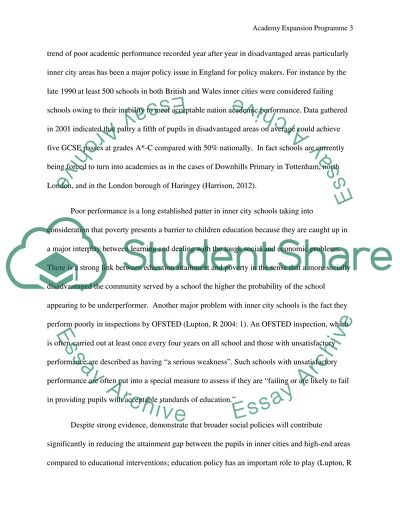Cite this document
(“The Academy Expansion Programme And The Newly Implemented Free School Essay”, n.d.)
Retrieved from https://studentshare.org/education/1463513-the-academy-expansion-programme-and-the-newly-implemented-free-school-programme
Retrieved from https://studentshare.org/education/1463513-the-academy-expansion-programme-and-the-newly-implemented-free-school-programme
(The Academy Expansion Programme And The Newly Implemented Free School Essay)
https://studentshare.org/education/1463513-the-academy-expansion-programme-and-the-newly-implemented-free-school-programme.
https://studentshare.org/education/1463513-the-academy-expansion-programme-and-the-newly-implemented-free-school-programme.
“The Academy Expansion Programme And The Newly Implemented Free School Essay”, n.d. https://studentshare.org/education/1463513-the-academy-expansion-programme-and-the-newly-implemented-free-school-programme.


